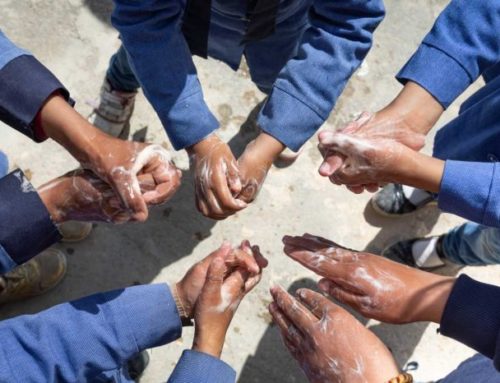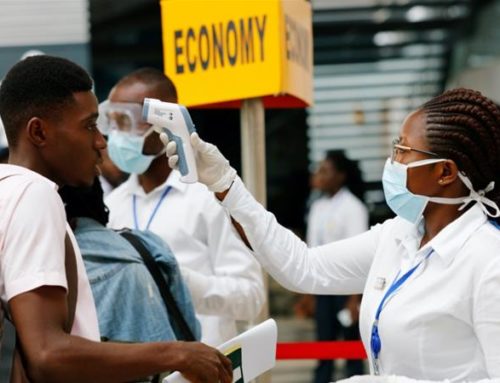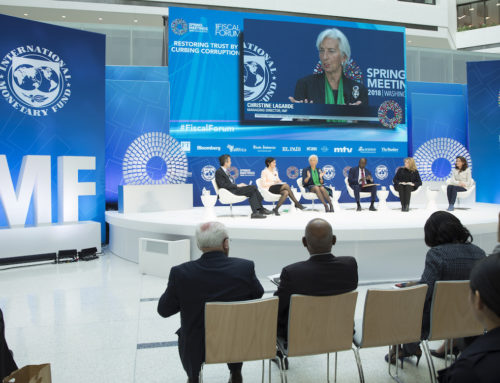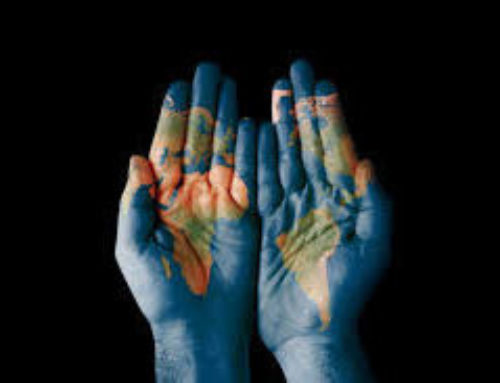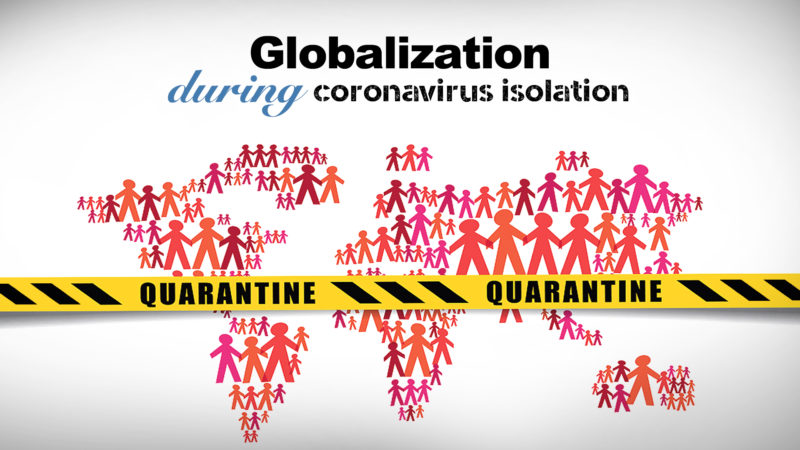
PC:cgtn.com
In the recent past the world has enjoyed a real boom of the globalization of the market economy through which cross-border interaction and exchange of goods have made the universe a global village. In globalization, we have celebrated the proximity of far-ends technologies right at our doorsteps and the universality of our basic rights including rights to life, freedom, and movement.
It is also fair to acknowledge that globalization has helped us get to appreciate the benefit of our diversity and the multiculturalism. Even though, it is really yet to be seen if that subsequent appreciation has made us more tolerant of each other’s differences of opinion, choice, or make up. What remains evident however is the growing sense of universal belonging and interdependence that translated into the establishment of global institutions of leadership and governance.
Celebrating the dividends of globalization, we should; but we must also recognize that the globalization of the market economy has highlighted the social and economic inequalities existing in our systems of governance and economic regulations. The global market economy has developed a global community without a human face. For in as much as our access to universal information and goods has developed, it is also true that we have lost touch with local realities and individuals’ pain and anxieties. Some nations’ economies have benefited a privileged few who had access to the global table of negotiation, thus leaving behind in the process a large mass of their countrymen at the mercy of their exploitation.
The crisis of COVID-19 is offering us opportunity to rethink our international relations and solidarity. As we struggle to rise from the ashes of the present predicament, we are becoming more and more aware of the worth of each individual nation and person in the league of nations. The global market has shown us that free movement allows for easy circulation of consumables and finances. But COVID-19 has reminded us that at the heart of the market economy, there is the human capital. To save our global village, the whole world has to rally together to save human life; hence our present appeal for support of relief initiatives for poorer nations and marginalized regions of the world.
In the encyclical letter, Caritas in Veritate, Pope Benedict XVI tells us that the notion of solidarity is first and forest about a sense of responsibility on the part of everyone with regard to everyone (#38). In other words, solidarity propels us to embrace our neighbors’ real life struggles and joys. We share in their experience not just as outside observers but as eye-opened participants who take upon ourselves their lot as we seek solutions in common. This should be the spirit of global solidarity through which we shall celebrate the past gains of globalization in a totally new fashion. We want and ought to humanize the globalization agenda be it of economics, politics and human rights.
The experience of COVID-19 is indeed a global crisis and as such it truly needs a global response. Beyond its charity dimension, the imperative of solidarity confers responsibility to work towards transformation of the structures of injustice that perpetrate inequality and marginalization among peoples and nations. The notion of solidarity always carries in itself the aspect of person-oriented and issue-solving endeavor. It is in this sense that an adequately efficient response to a global calamity of the magnitude of COVID-19 will also require of us all a globalization of solidarity which is person-based, and community-oriented.
At the end of the day, the greatest hope we have today is that we can count on each other. Having one common enemy should serve us to acknowledge the fact that we share common destiny in as much as we share similar needs to reach to that destiny. Let’s pray that our common global efforts of today meant to mitigate the effects of the COVID-19 pandemic will open our global village to a new paradigm of interaction, that which is based on love and service for human family.







